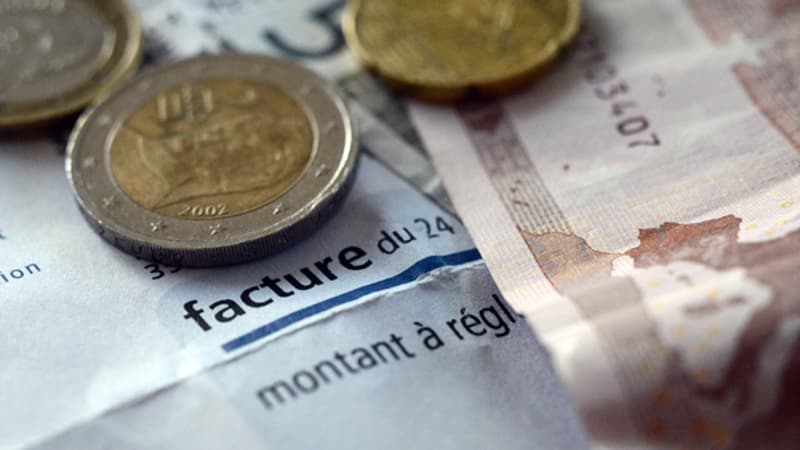The energy crisis is seriously slowing down French activity. After +0.2% in the third quarter, French GDP should fall by 0.2% in the last three months of the year, according to the latest INSEE economic report published on Thursday.
This contraction would be linked to the 1.5% drop in industrial production due to the energy shock, to the “sluggish activity in services” but also to the fall in household consumption due to the “sharp drop in energy consumption associated to the mild temperatures of October-November” but also the sobriety efforts made by the French. Expenditure on accommodation and restaurants is also expected to decline, in a context of high inflation.
INSEE’s forecasts are contradictory to those of the Banque de France, which rather expects “very light” growth in the 4th quarter. In the year as a whole, GDP should continue to grow by 2.5%, according to the statistics institute.
However, 2023 should start with slightly positive growth in the first quarter (+0.1%) thanks to “the rebound in coking-refining after the autumn strikes, and the scheduled restart of several nuclear reactors currently undergoing maintenance ” and whose stoppage would have cost 0.4 points of GDP in 2022, underlines the INSEE. Activity should then pick up in services, allowing GDP to advance by 0.3% in the second quarter. Therefore, the mid-year excess growth for 2023 would be 0.4%.
Inflation at 7% at the beginning of 2023
Although inflation stabilized at 6.2% in November, it should pick up again to reach 7% in early 2023, under the effect of higher energy prices with the end of the pump discount and the expected increase of regulated gas and electricity. prices. The increase in food prices should amount to 13% in one year. 66% of industrial companies also plan to increase their sales prices due to the rise in energy prices.
The slowdown in consumer prices should finally take place in spring “due to the base effect”, with expected inflation of 5.5% in June 2023.
Despite the rise in prices and the fall in real wages, the purchasing power of the French should increase by the end of 2022 (+0.7% per unit of consumption) thanks to the support measures put in place (abolition of television fee, maintenance of the housing tax reduction, exceptional energy check, etc.), before falling back in the first (-1.2%) and then in the second (-0.5%) quarter of 2023 “due to the dynamism of prices as well as the expected slowdown in employment, points out INSEE.
Source: BFM TV


